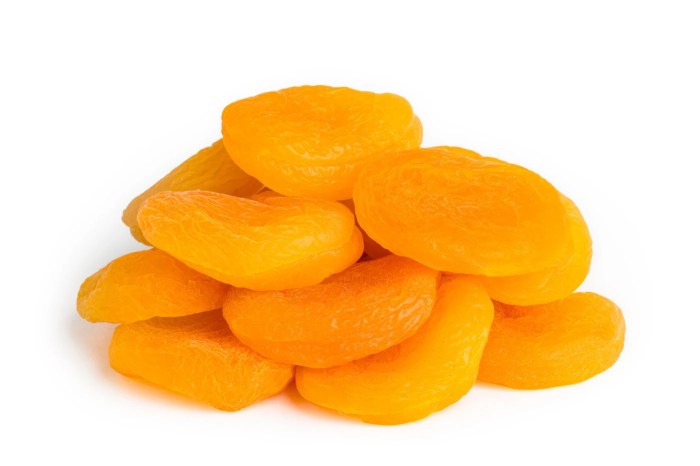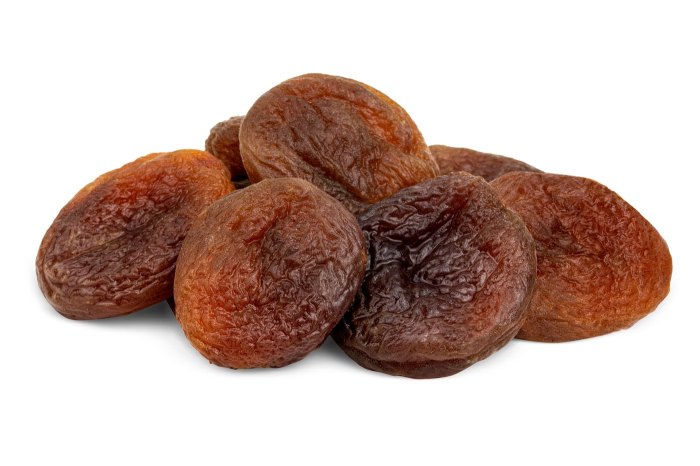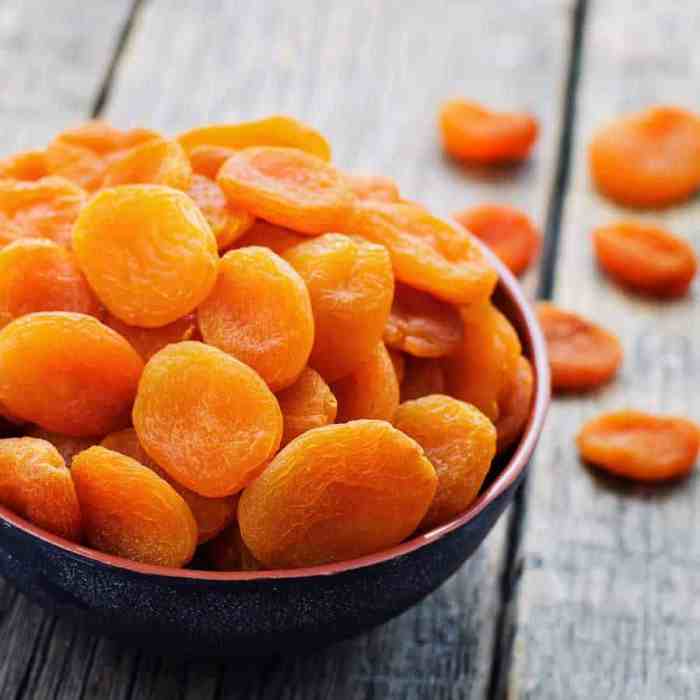The price of dried apricots is – The price of dried apricots, currently standing at $4, is a captivating topic that invites exploration into the intricate web of market dynamics and consumer preferences that shape its value. This article delves into the complexities of the dried apricot industry, examining the interplay of supply and demand, production costs, competitive landscapes, consumer behavior, and market segmentation.
Our journey begins with an analysis of the market forces that influence the price of dried apricots, considering the impact of supply and demand, seasonal fluctuations, and global production trends. We then dissect the production costs and profit margins of dried apricot producers, comparing different regions and exploring the role of economies of scale.
Market Factors Influencing Price
The price of dried apricots is influenced by a range of market factors, including supply and demand, production costs, competitive dynamics, consumer preferences, and distribution channels.
Supply and Demand, The price of dried apricots is
- Increased demand for dried apricots, driven by health consciousness and culinary trends, has led to higher prices.
- Fluctuations in apricot production, due to weather conditions and crop diseases, impact supply and consequently price.
Seasonality
Apricot production is seasonal, with the main harvest occurring in the summer months. During this time, prices tend to be lower due to increased supply. In the off-season, prices rise as supply dwindles.
Production Costs and Margins
Production costs play a significant role in determining the price of dried apricots. Major costs include:
- Raw apricot fruit
- Labor for harvesting and processing
- Drying and storage facilities
- Packaging and transportation
Profit margins for dried apricot producers vary depending on factors such as production efficiency, market conditions, and competition.
Competitive Landscape

The dried apricot market is characterized by a competitive landscape, with several major players:
- Turkey is the dominant producer, accounting for over 70% of global production.
- Other major producers include Iran, Pakistan, and California (USA).
Competitors differentiate themselves through factors such as:
- Quality and grade of apricots
- Pricing strategies
- Product offerings (e.g., organic, sulfur-free)
Consumer Preferences and Demand: The Price Of Dried Apricots Is

Consumer preferences for dried apricots are driven by:
- Taste and texture
- Nutritional value (high in fiber, vitamins, and antioxidants)
- Convenience and versatility
Target consumer demographics include health-conscious individuals, culinary enthusiasts, and snackers.
Market Segmentation and Pricing Strategies

The dried apricot market is segmented based on factors such as:
- Grade (premium, standard, economy)
- Size
- Organic certification
Pricing strategies vary depending on market segment, with premium grades and organic products commanding higher prices.
Distribution Channels and Logistics
Dried apricots are distributed through various channels:
- Wholesalers and distributors
- Retail stores (grocery stores, supermarkets)
- Online retailers
Logistics involve transportation and storage, with factors such as temperature control and packaging influencing the overall price.
FAQ Compilation
What factors contribute to the price fluctuations of dried apricots?
The price of dried apricots is influenced by supply and demand dynamics, seasonal variations in production, and global market conditions.
How do production costs impact the price of dried apricots?
Production costs, including labor, materials, and transportation, play a significant role in determining the price of dried apricots.
What are the key consumer preferences that influence the price of dried apricots?
Consumer preferences for taste, texture, nutritional value, and organic certification affect the pricing of dried apricots.